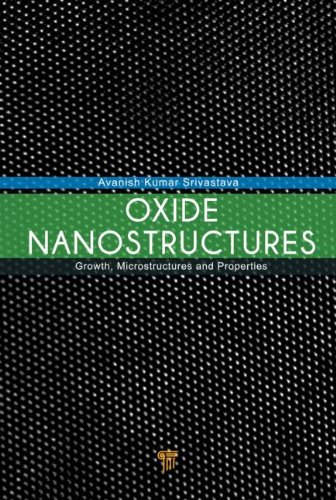

Most ebook files are in PDF format, so you can easily read them using various software such as Foxit Reader or directly on the Google Chrome browser.
Some ebook files are released by publishers in other formats such as .awz, .mobi, .epub, .fb2, etc. You may need to install specific software to read these formats on mobile/PC, such as Calibre.
Please read the tutorial at this link. https://ebooknice.com/page/post?id=faq
We offer FREE conversion to the popular formats you request; however, this may take some time. Therefore, right after payment, please email us, and we will try to provide the service as quickly as possible.
For some exceptional file formats or broken links (if any), please refrain from opening any disputes. Instead, email us first, and we will try to assist within a maximum of 6 hours.
EbookNice Team

Status:
Available0.0
0 reviewsNanomaterials, their synthesis, and property studies have been an obsession with modern current physicists, chemist, and materials scientists for their vast array of technological implications and the remarkable way their properties are modified or enhanced when the size dimensions are reduced to the realm of nanometers. Although nanomaterials, for a lot of practical purposes have been in existence since the remotest past of civilization, it is only in the last few decades that the field has been gaining the attention that it deserves from the scientific and industrial fraternity. A lot of this has to do with the immense improvement we made in tools to study and characterize these materials.
Metal oxides have been one of the well documented and hottest branches of nanomaterials revolution with oxides such as TiO2, ZnO, CuO, Fe3O4, Cr2O3, Co3O4, MnO2 and many more being an integral part to a variety of technological advancements and industrial applications. From green power issues like photovoltaic cells to rechargeable batteries, from drug delivery agents to antimicrobial and cosmetic products, from superconductor materials to semiconductors and insulators, metal oxides have been omnipresent in terms of both commercial prerogatives and research highlights. This book is solely devoted towards this special section of nanomaterials with an aim to partially access the science pertaining to the oxides of metals.